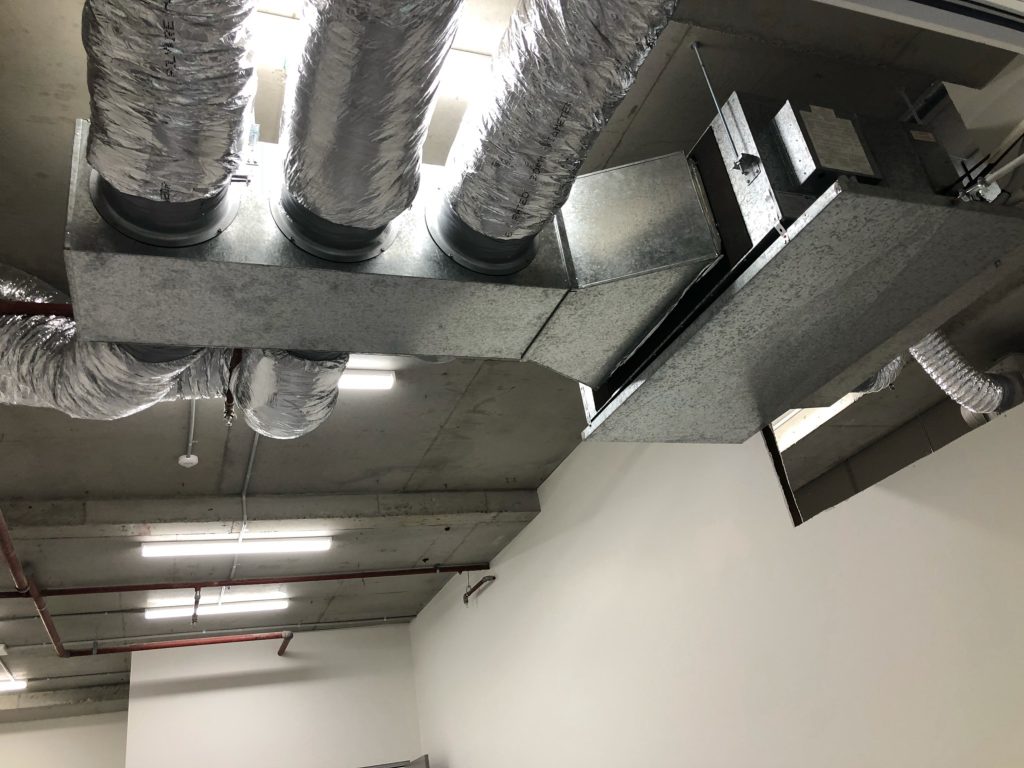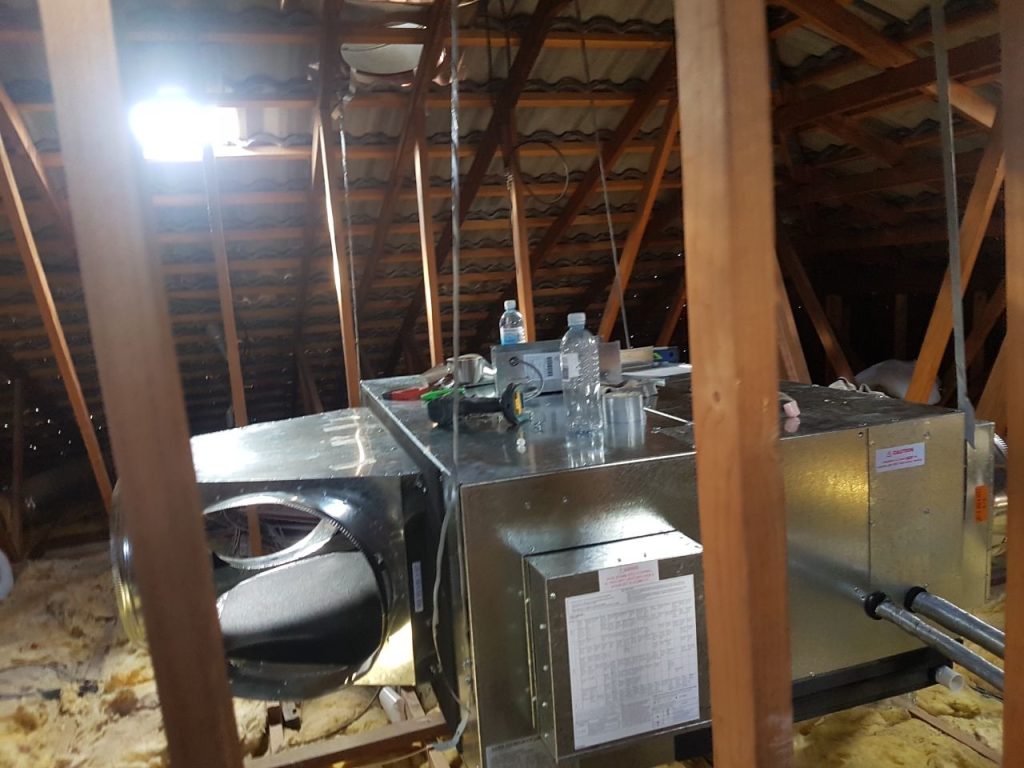Picking the right size ducted air conditioning system has a big impact on your comfort, energy bills, and overall costs. A system that’s too small will have trouble cooling your home, while one that’s too big will waste power and might not remove humidity well. This guide will help you understand what to think about when selecting the best ducted AC system for your Sydney home.
Things to Think About
1. Home Size
The total floor space in your home is the main thing that decides how powerful your ducted AC system needs to be. As a basic guide:
- Small homes (up to 150 m²): 5-8 kW
- Medium homes (150-300 m²): 10-15 kW
- Large homes (300-450 m²): 15-20 kW
- Extra-large homes (450+ m²): 20+ kW
These numbers serve as a starting point. Other factors can have a big impact on the needed capacity.
2. Ceiling Height
Rooms with tall ceilings need more cooling power. For every 30 cm above the standard 2.4m ceiling height, you might need to boost your AC capacity by 10-15%.
3. Insulation Quality
Homes with good insulation keep cool air inside better, which means your AC doesn’t have to work as hard. Think about:
- Insulation in the roof
- Insulation in the walls
- Windows with double glazing
- Window coverings (curtains blinds)
If your home isn’t well-insulated, you might need a bigger AC system to make up for the heat that gets in.
4. Climate
The weather in Sydney changes depending on where you live:
- Near the coast: Not as hot or cold more humid
- Out west: Hotter in summer, colder in winter
The specific weather where you are will affect the size of the AC you need. Houses in hotter areas might need stronger systems.
5. Sun Exposure
How your house faces and how many windows it has can change how much cooling you need:
- North-facing windows: They lead to more heat gain during summer
- Large windows: They cause increased solar heat gain
- Shading from trees or buildings: It results in reduced cooling needs
6. Number of Occupants
A higher number of people in a home produces more heat and humidity increasing your AC needs.
7. Heat-Generating Appliances
Think about the heat output from:
- Ovens and cooktops
- Computers and electronics
- Lighting (halogen)
Houses with numerous heat-generating appliances might need bigger AC systems.

The Importance of Professional Assessment
These factors give you a good starting point, but nothing compares to a professional assessment to size . Here’s why it’s essential:
- Exact Calculations: Pros use industry-approved methods like Manual J load calculations to figure out the cooling needs.
- House-Specific Things: They look at unique features of your house that you might not see, like air leaks or heat bridges.
- Planning Ahead: Experts can give advice on what you might need later, like if you add rooms or if the climate changes.
- Saving Energy: Getting the right size means it uses less energy, which saves you money on bills.
- Better Comfort: Pros can suggest ways to split your house into zones to make it comfy all over.
- Following Rules: Make sure your system follows local building laws and rules.
- Cost-Effective Solution: Skip the costs tied to a wrong-sized system, like regular fixes or early replacement.
Conclusion
Picking the right size ducted air conditioning system requires you to think about many things unique to your home and how you live. While general rules can give you a rough idea, getting a pro to check things out helps make sure you end up with the perfect system for what you need.
At Maxim Air, our skilled techs do thorough checks to figure out the best ducted AC system for your Sydney home. We look at all the important stuff and use the newest industry tools to suggest a solution that gives you the most comfort, saves energy, and is worth it in the long run.
Get in touch with Maxim Air today to have a pro take a look and start your journey to perfect comfort in your home all year round.

